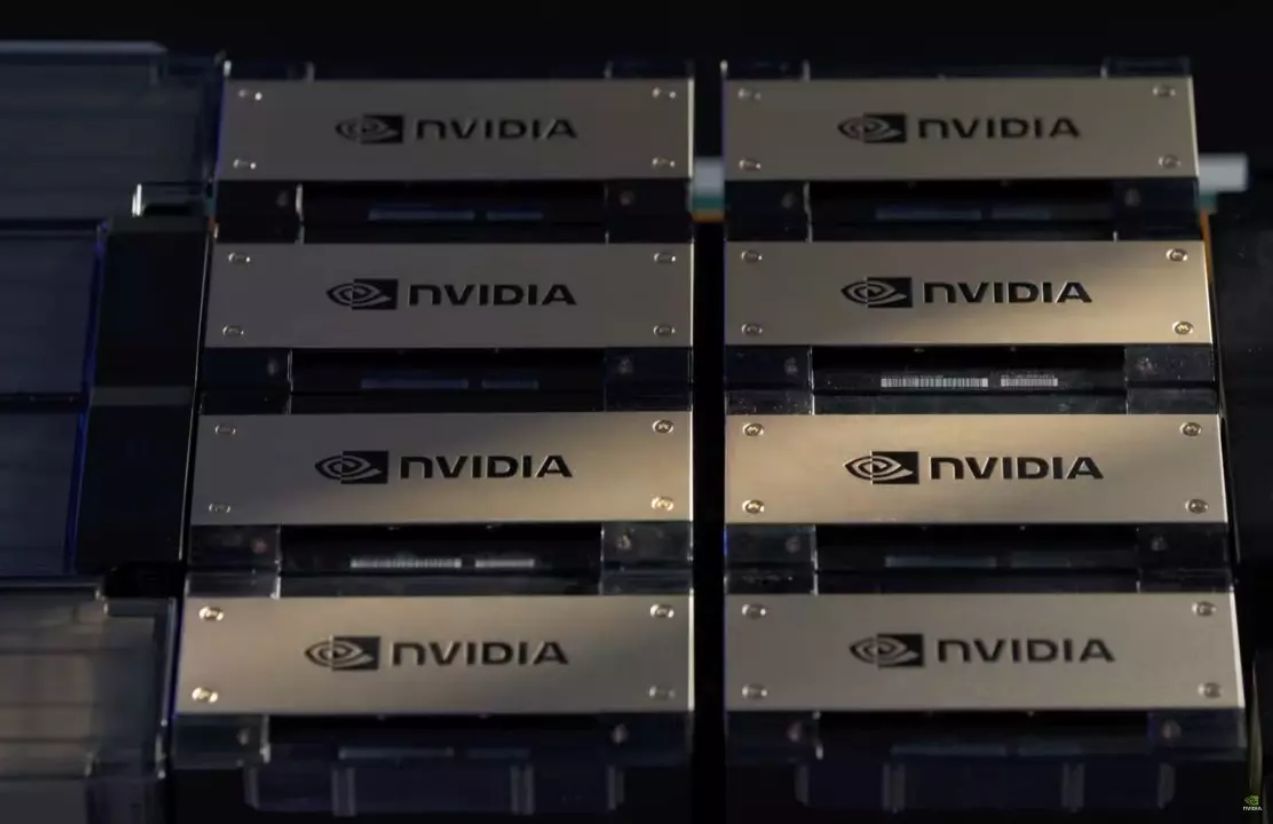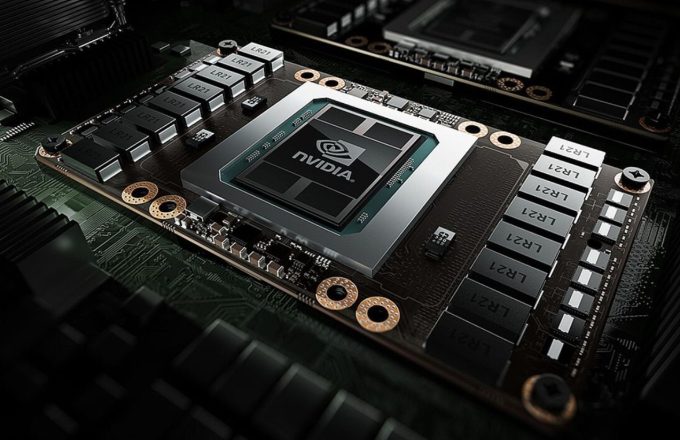In recent days, the global market has been shaken by U.S. tariff policies, but in NVIDIA’s case, the challenges run deeper. The company is not only grappling with trade tensions but also with fresh restrictions on the sale of its H20 chips in China. However, signs suggest that the tech giant is already working on a plan to offset the financial losses.
Last week, NVIDIA lost billions in market value following a decision by the U.S. government, which banned the sale of its H20 chips—designed specifically for the Chinese market—without a special license. The move immediately disrupted existing commercial agreements and left part of NVIDIA’s inventory in limbo, as it had been prepared to meet strong demand from Asia.
A major challenge NVIDIA now faces is maintaining access to a key market. While the company enjoys solid backing in the West, it has also had a strong foothold in China. Over the past few years, escalating restrictions have significantly curbed its exports to the country. Until recently, NVIDIA had managed to sell reduced-capacity chips to circumvent regulations—but that loophole was closed last week with the enforcement of even tighter controls.
In response, NVIDIA’s CEO traveled to China to assess potential solutions. Reports suggest the company is considering building a local production line for its AI chips—an approach that would allow it to bypass U.S. export restrictions. The plan would involve manufacturing the H20 chips directly within China, eliminating the need for U.S. licenses.
According to Taiwanese outlet CTEE, NVIDIA is exploring a partnership with rising Chinese tech firm DeepSeek. The collaboration would enable NVIDIA to set up a fully localized supply chain, covering everything from processing nodes and packaging to the production of HBM memory—essential for advanced chips.
Pressure to remain competitive in the Chinese market has intensified, especially following Huawei’s resurgence, fueled in part by restrictions on foreign firms. In this context, establishing a local production chain appears to be one of the most viable options for NVIDIA to maintain its presence in one of the world’s most important tech markets.




















